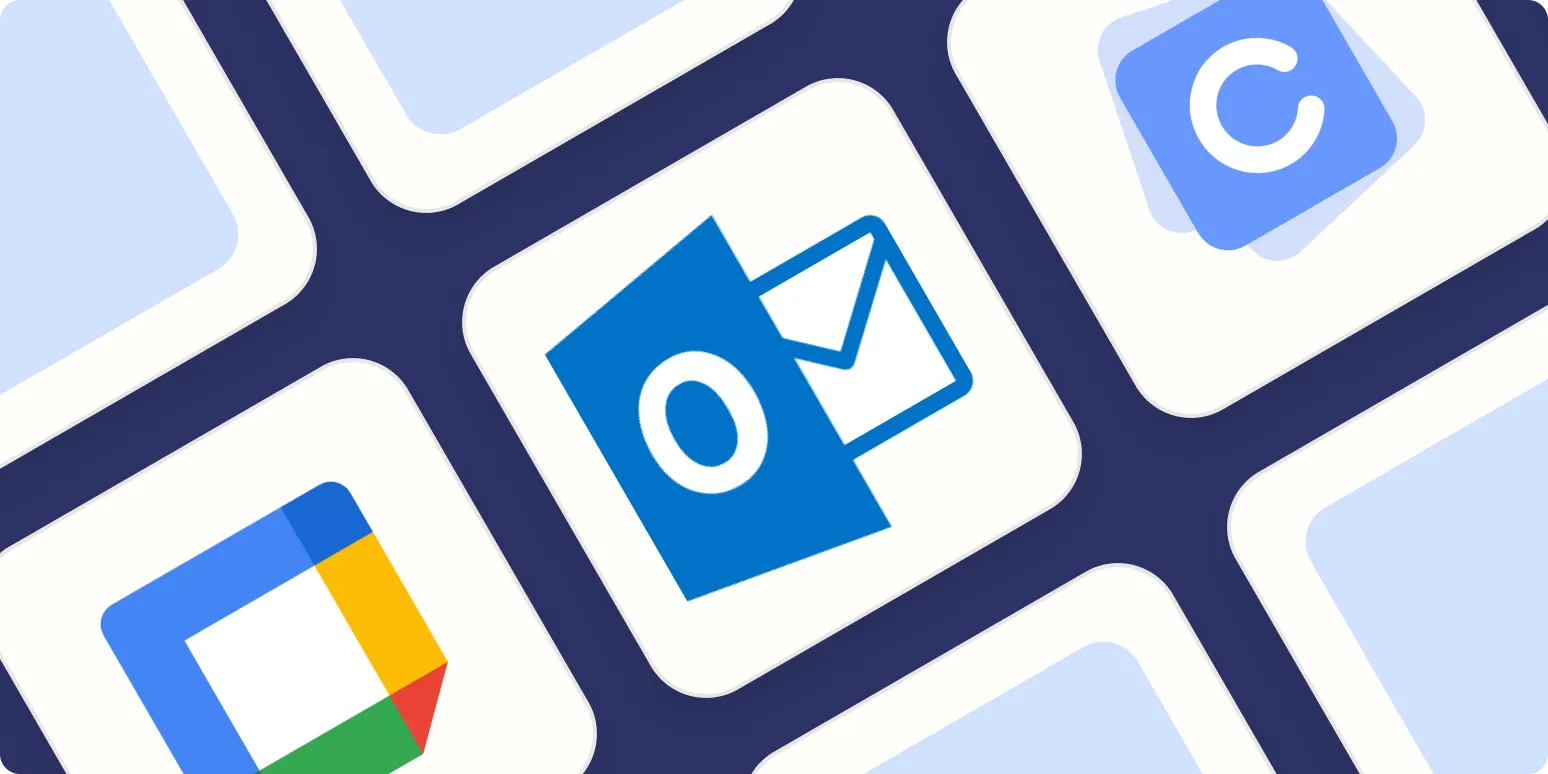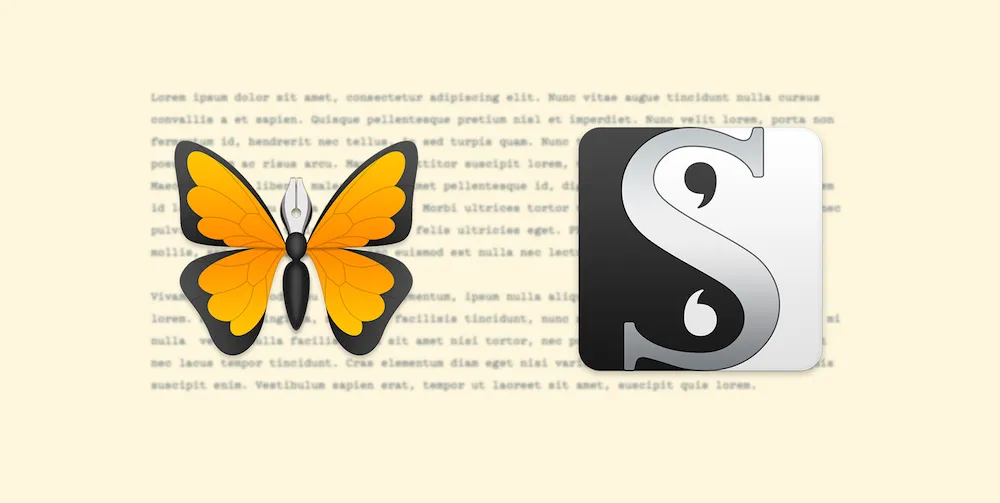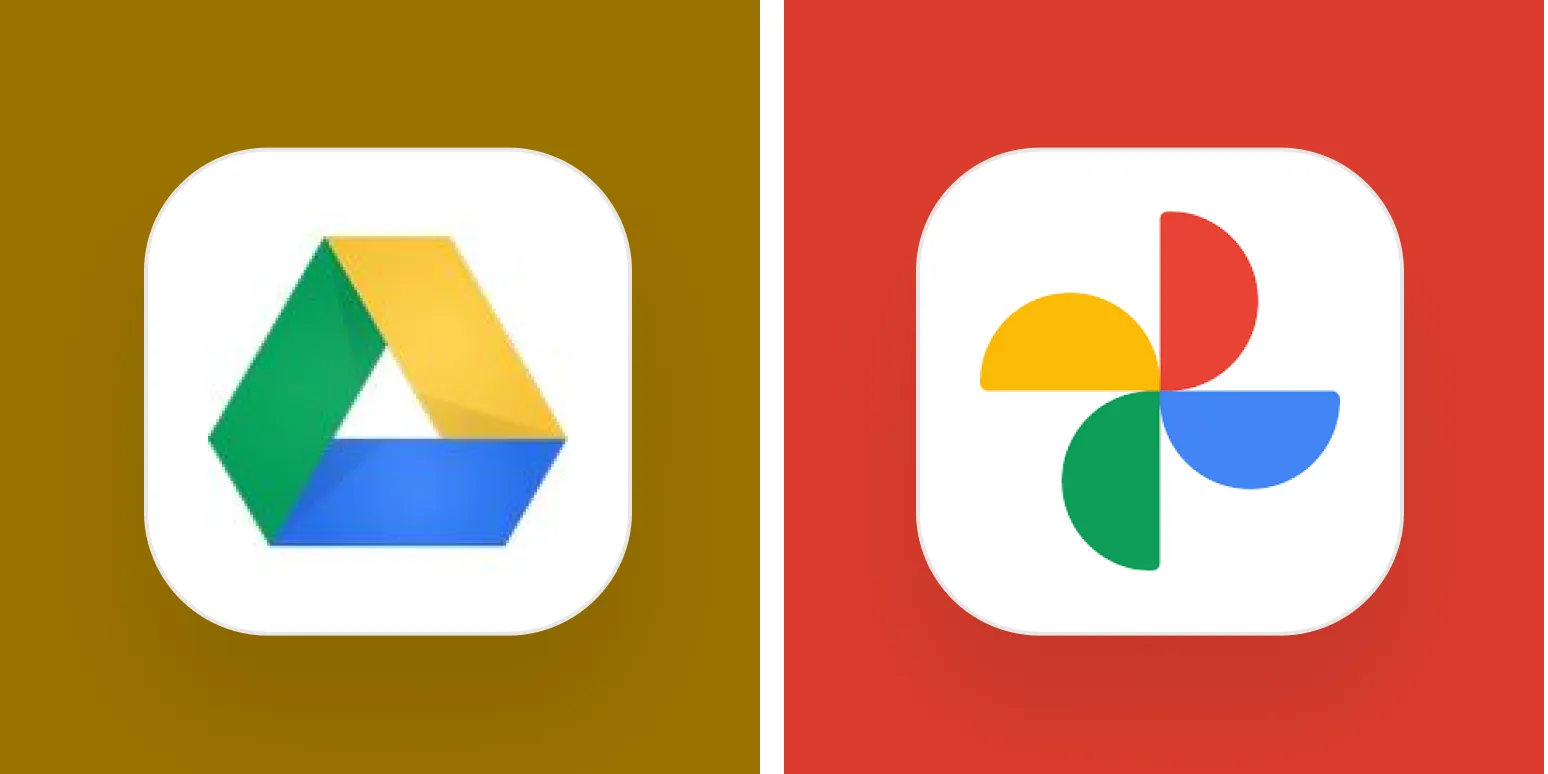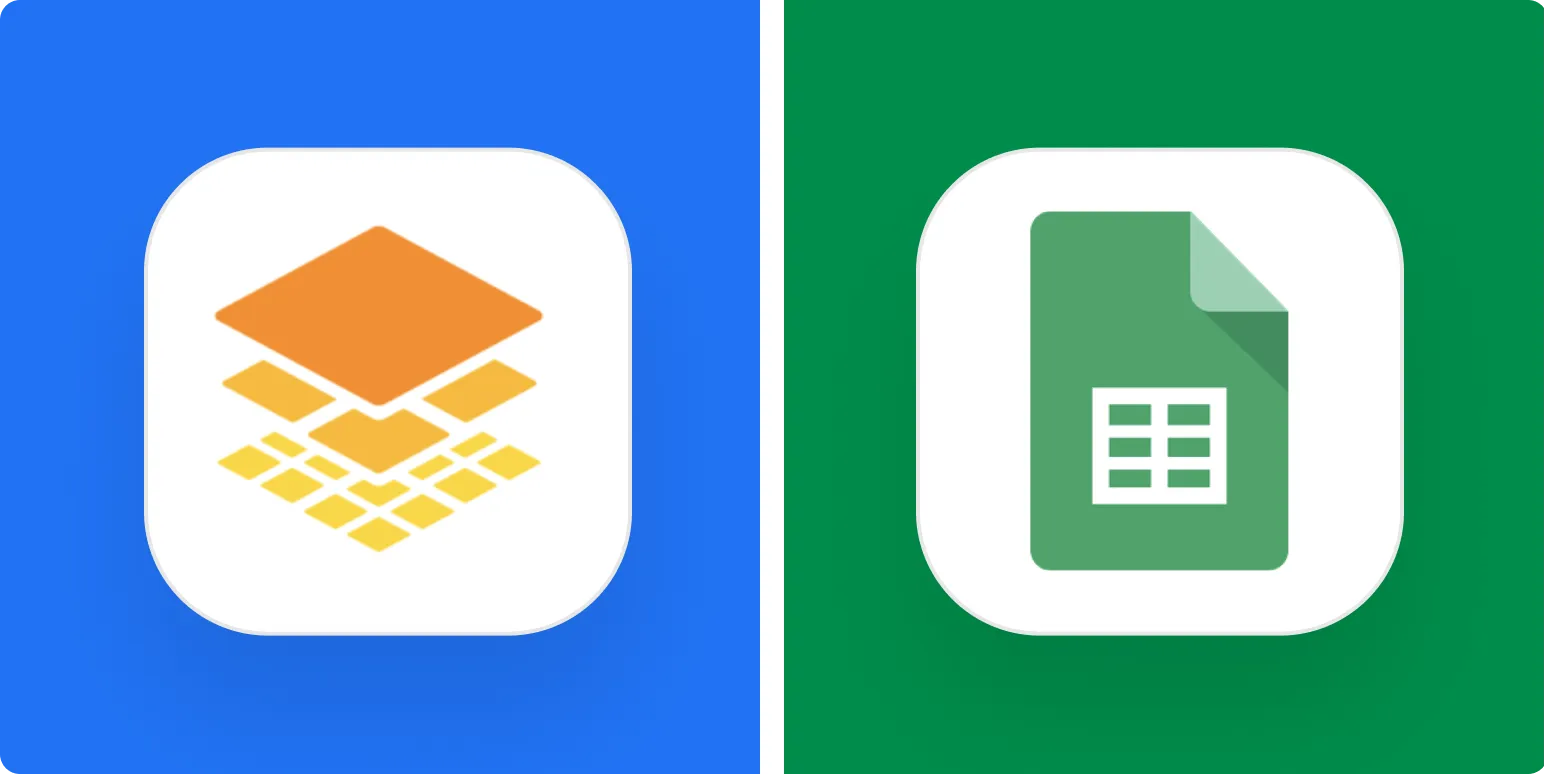As we move further into 2025, staying organized has never been more crucial. With the rise of remote work and flexible schedules, having the right calendar app can enhance productivity and streamline your daily tasks. Below is a detailed comparison of the ''5 best calendar apps'' in 2025, highlighting their features, benefits, and unique attributes.
1. Google Calendar
Google Calendar remains a top choice for both personal and professional use. Its ''integration'' with other Google services makes it a powerful tool for anyone already within the Google ecosystem.
| Features | Pros | Cons |
|---|---|---|
| Shared calendars | User-friendly interface | Requires Google account |
| Event reminders | Cross-platform availability | Limited customization options |
| Integration with Google Meet | Free to use | Privacy concerns |
With its robust features, Google Calendar is ideal for teams that need to collaborate and share schedules seamlessly.
2. Microsoft Outlook Calendar
For those who prefer a more integrated approach with emails, Microsoft Outlook Calendar is an excellent option. It combines email and calendar functionalities into one platform, making it a favorite among business professionals.
| Features | Pros | Cons |
|---|---|---|
| Email integration | Advanced task management | Can be overwhelming for new users |
| Meeting scheduling tools | Great for corporate use | Requires a subscription for premium features |
| Calendar sharing options | Customizable views | Less intuitive mobile app |
This app is perfect for professionals who need to manage both their emails and schedules efficiently.
3. Fantastical 3
If you’re an Apple user, Fantastical 3 is a highly-rated calendar app that stands out for its natural language processing feature. This allows users to create events simply by typing in what they want.
| Features | Pros | Cons |
|---|---|---|
| Natural language input | Beautiful design | Subscription model |
| Multiple calendar views | Widgets for quick access | Limited to Apple devices |
| Customizable alerts | Syncs with other calendars | Higher cost than competitors |
Fantastical 3 is a fantastic choice for users looking for a visually appealing and intuitive calendar solution.
4. Any.do Calendar
Any.do combines task management with calendaring, making it a versatile tool for individuals managing both to-dos and appointments. Its sleek interface allows for easy organization of tasks alongside your calendar events.
| Features | Pros | Cons |
|---|---|---|
| Task and calendar integration | Simple and clear interface | Limited free version |
| Daily planner feature | Cross-platform support | Sync issues reported |
| Shared tasks and lists | Custom reminders | Less robust calendar features |
Any.do is ideal for those who want a unified approach to managing their tasks and schedules without the need for multiple apps.
5. TimeTree
TimeTree is a unique calendar app that focuses on collaboration. It allows multiple users to manage a shared calendar, making it perfect for families or teams working on joint projects.
| Features | Pros | Cons |
|---|---|---|
| Shared calendars | Real-time updates | Limited features for solo users |
| Comments on events | User-friendly interface | Ad-supported free version |
| Event photos and memos | Customizable notifications | No offline access |
TimeTree is perfect for those who prioritize collaboration and communication when scheduling events.
Conclusion
In conclusion, each of these ''calendar apps'' offers unique features tailored to different user needs. Whether you are a professional looking for integration or a family wanting to share schedules, there’s an option for everyone in 2025. By choosing the right app, you can enhance your productivity and manage your time more effectively, ensuring that you never miss an important date again.





